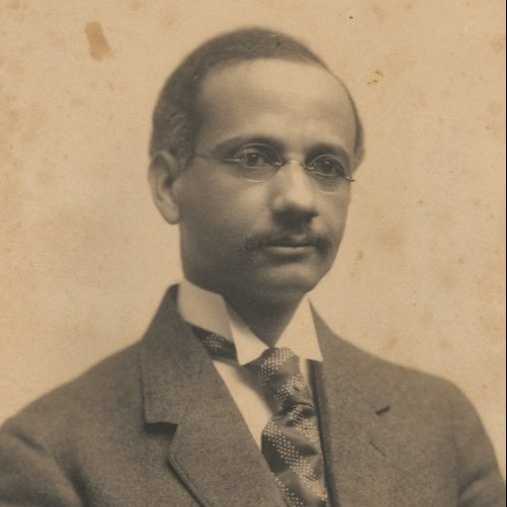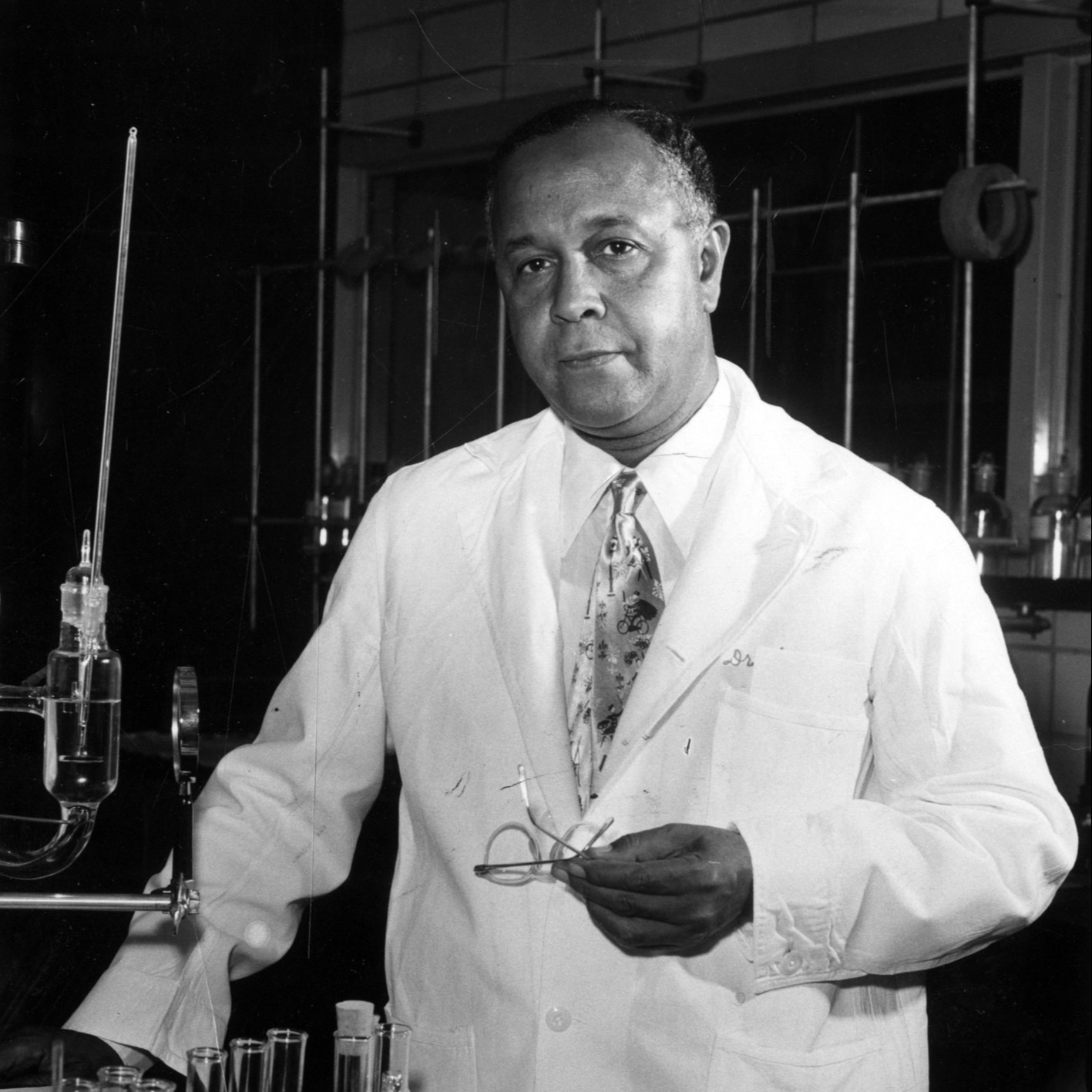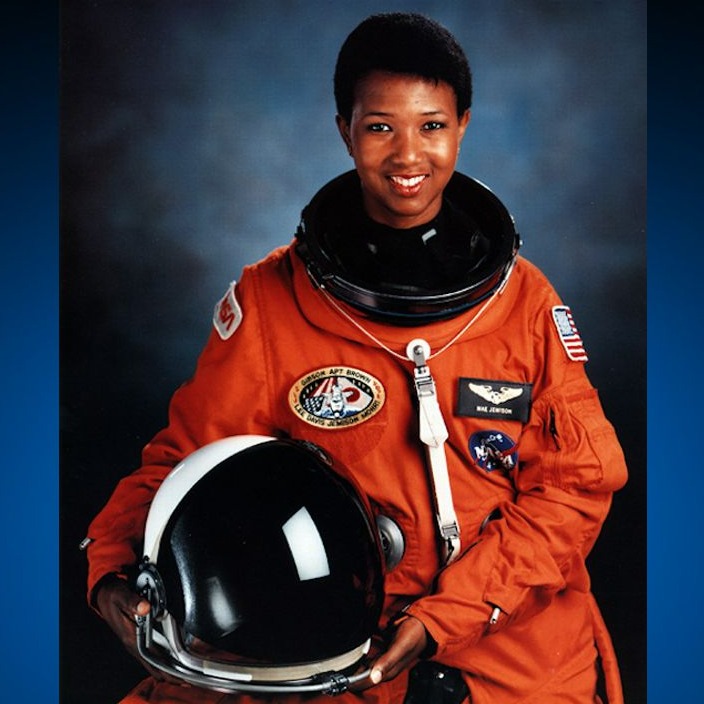
Enhanced creativity and productivity. Increased cultural competence. Improved public health outcomes. Diverse perspectives drive better solutions. As black history month draws to a close, we celebrate the significant contributions of black scientists to the field of biopharmaceutical development. Their work has advanced our understanding of disease mechanisms as they have developed new therapies to treat a wide range of medical conditions.

Dr. Solomon Carter Fuller (1872–1953): Dr. Fuller was one of the first black psychiatrists in the United States and made important contributions to our understanding of Alzheimer's disease. He was the first to describe the disease in African Americans and made significant contributions to the field of neuropathology.

Dr. Percy Julian (1899-1975): Dr. Julian was a chemist who made important contributions to the field of synthetic organic chemistry. He was the first to synthesize the natural product physostigmine and was a pioneer in the industrial large-scale chemical synthesis of the human hormones progesterone and testosterone from plant sterols such as stigmasterol and sitosterol. His work laid the foundation for the steroid drug industry's production of cortisone, other corticosteroids, and birth control pills.

Dr. Mae Jemison (b.1956): Dr. Jemison is a physician and astronaut who has made important contributions to the field of space medicine. She conducted research on the effects of microgravity on the human body and developed new techniques for diagnosing and treating bone loss in astronauts.

Dr. Thomas Mensah (b.1950): Dr. Mensah is a chemical engineer who has made important contributions to the field of drug delivery systems. He has developed novel polymer-based drug delivery systems that can target specific cells and tissues, improving the efficacy and safety of drugs.
These are just a few examples of the many contributions that black scientists have made to the field of biopharmaceutical development. Their work has helped to improve our understanding of disease mechanisms, develop new therapies to treat a wide range of medical conditions, and advance the field of medicine as a whole.
And yet Black scientists continue to face barriers such as institutionalized racism, discrimination, and lack of access to opportunities. Acknowledging the barriers that remain is the first step toward finding solutions to build a more diverse and inclusive environment. In the coming year we are working to develop opportunities for our members to support and mentor Black scientists and create opportunities for them to participate in CASSS conferences. By taking these and other actions, the CASSS community can work towards a more diverse and inclusive environment that benefits everyone.

